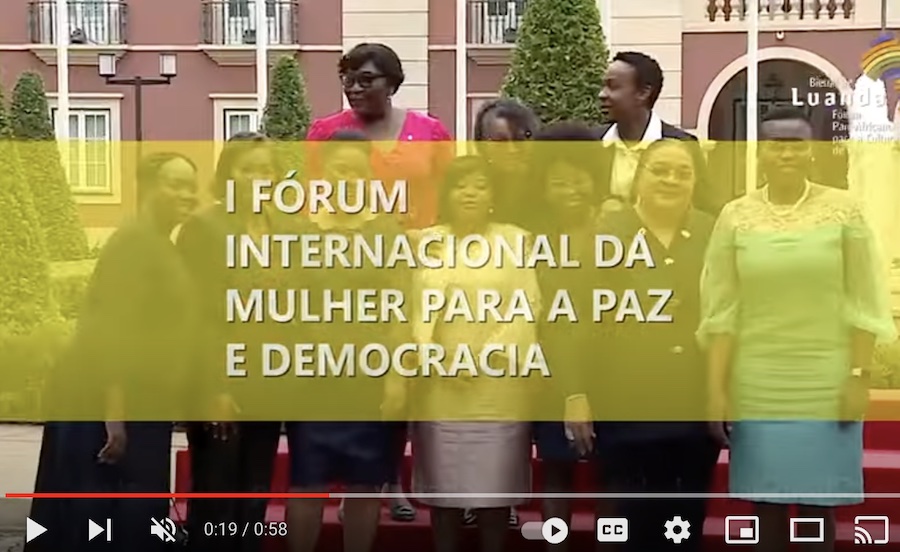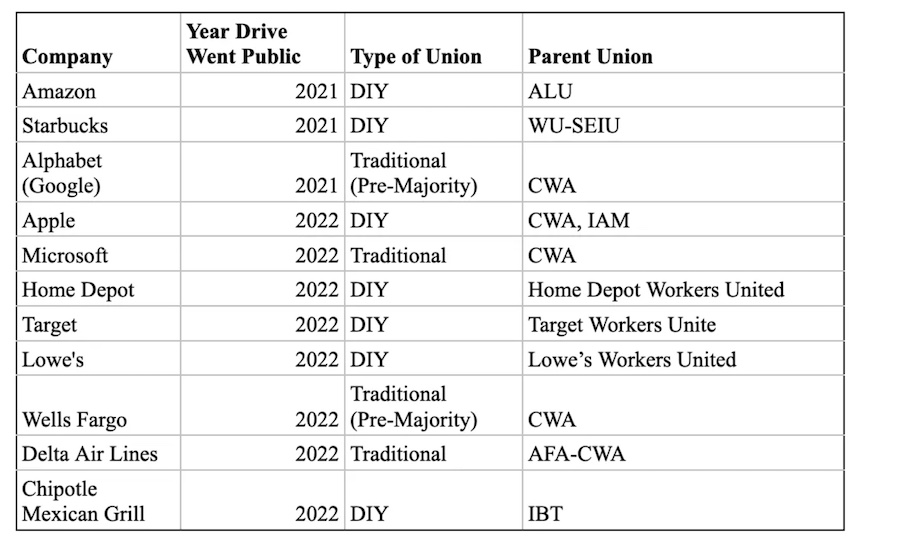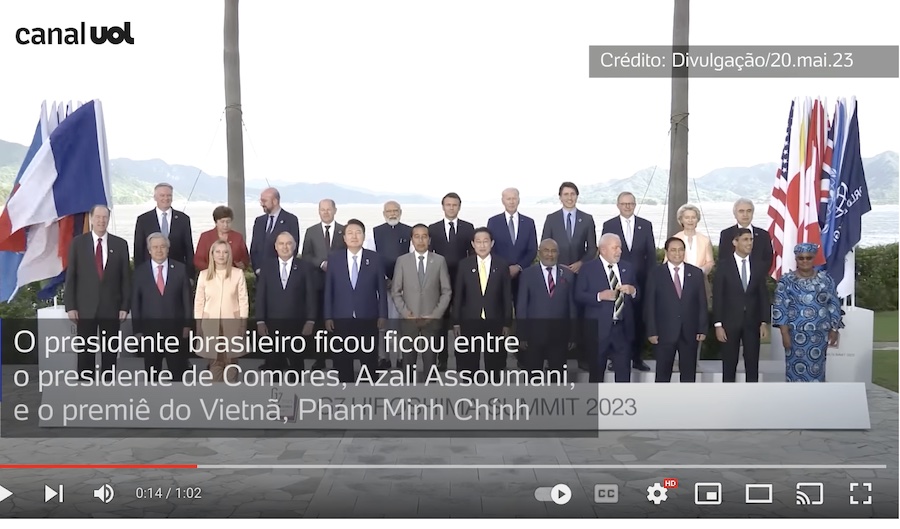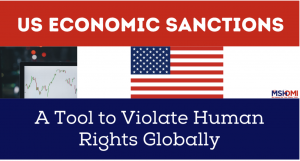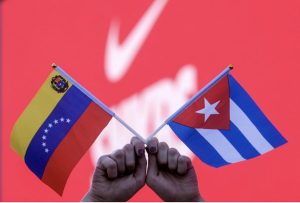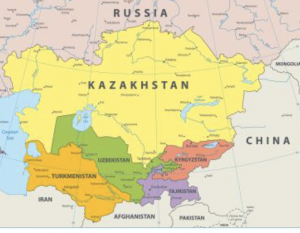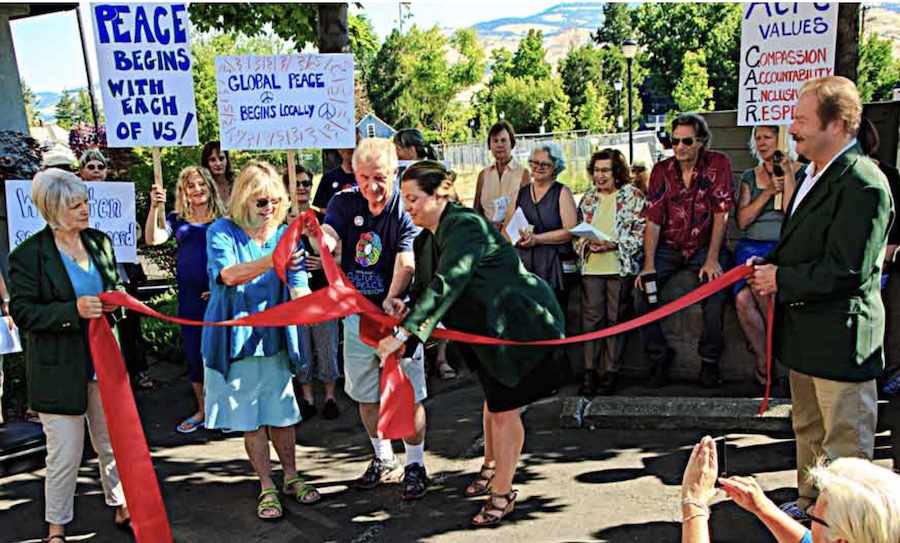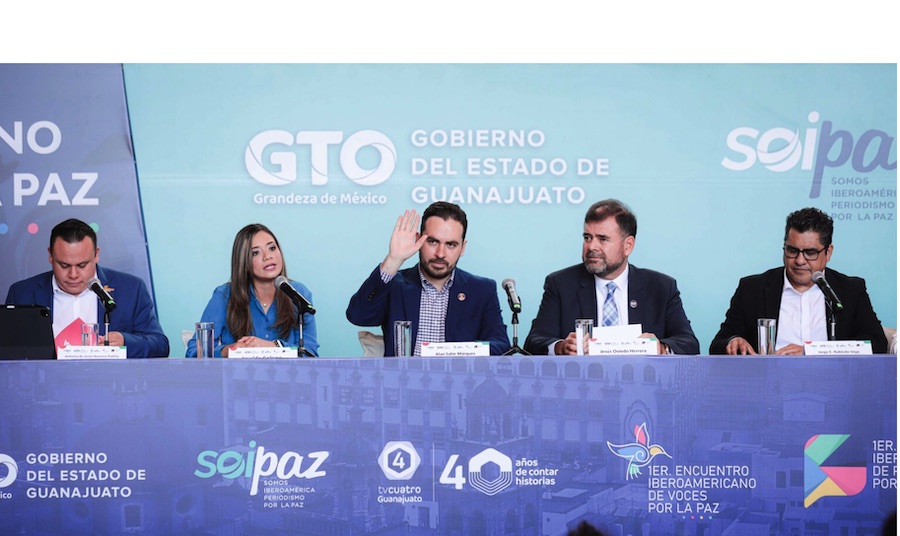FREE FLOW OF INFORMATION . .
An article from the United States Institute of Peace
Nine months into new efforts by Colombia’s administration to achieve “total peace” with remaining armed groups following decades of civil war, that process should make room for the nation’s thousands of grassroots and community organizations to strengthen peace locally when the fighting stops, says a prominent civic leader from one of the country’s most violent regions. Stabilizing Colombia, where migration toward the United States and other countries soared last year, will require steady support from U.S. and international partners, said Maria Eugenia Mosquera Riascos, who helps lead a Colombian network of 140 civic and community organizations working to end violence.
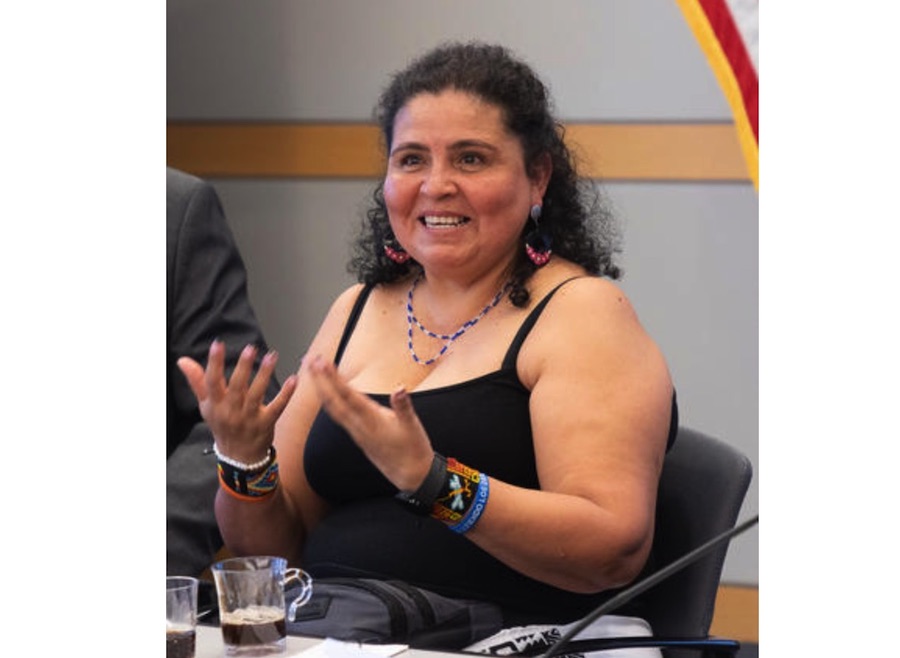
President Gustavo Petro vows to expand Colombia’s implementation of a six-year-old peace accord with what was the country’s largest rebel group, and his administration has begun pursuing accords with other armed groups. Yet “the government cannot make peace alone,” thus a major initiative is needed from civil society, Mosquera Riascos said in an interview. Mosquera Riascos traveled from her home in Colombia’s economically impoverished and violent Pacific coastal region to Washington this month; she met U.S. officials and peacebuilding practitioners focused on Latin America after having last year received USIP’s Women Building Peace Award.
Mosquera Riascos’ struggle for peace carries resonance well beyond Colombia’s borders. Helping Colombia achieve lasting peace is integral to reducing the mass migrations across Latin America that are fueled notably by violent conflicts, poverty, and environmental damage, and to shrinking drug trafficking that exploits Colombia’s instability. U.S. officials counted more than 125,000 Colombians among those stopped at the U.S. southern border in 2022, up from about 6,000 the prior year.
In 2016, “after the peace accord was signed” with the Revolutionary Armed Forces of Colombia (FARC), “the world got the impression that Colombia was now at peace,” Mosquera Riascos said through an interpreter. “But we can’t speak about a ‘post-conflict’ Colombia because the conflicts continue.”
Implementation of the accord has lagged for years, she noted. Modest improvements in rural governance, plus development programs and land distribution to rural populations, were meant to stabilize impoverished rural communities by helping people, including former guerrillas, pursue nonviolent ways to earn adequate incomes. But those changes came slowly and were never fully resourced.
“After the [2016] accord, we expected that state institutions would come and fill the voids” of governance across the rural regions where FARC had ruled, Mosquera Riascos said. Instead, “many different armed groups have filled those voids,” fighting for territory and control over illicit commerce that FARC once ran. Land distribution has operated in reverse in areas where those with arms or money have seized holdings from small farmers. The battles for rural control have included a surge in deforestation, violence and impoverishment in Colombia’s Amazon and Pacific coastal regions.
Colombia’s Violence: A Grassroots View
Mosquera Riascos helps lead a network called Communities Building Peace in Colombia (or CONPAZCOL) from her home region on the Pacific coast. In rural areas, Colombia’s main armed groups — the National Liberation Army rebel group (or ELN), the paramilitary Gulf Clan (also known as Gaitanistas) and dissident factions of the former FARC — are fighting to control lucrative smuggling routes for cocaine or illicitly extracted minerals or other natural resources, Mosquera Riascos said.
In the region around her home city of Buenaventura, these armed groups “have locked down entire communities along the rivers — many of them Indigenous people — preventing them from going out to fish or farm.” The combatants have forced some communities to leave the region altogether, she said. Violence in Buenaventura includes urban gangs that seek to profit from cocaine or other contraband that can be smuggled through its seaport, one of Colombia’s busiest.
(continued on right column)
What is happening in Colombia, Is peace possible?
How can just one or a few persons contribute to peace and justice?
(continued from left column)
The Pacific region is a center of Colombia’s Black population, descendants of the country’s former African slaves, and of the poverty that makes Colombia “one of the most unequal countries in the world,” according to the World Bank. Armed groups threaten or kill civilians, many of them Afro-Colombians, whose land or compliance they want, Mosquera Riascos said. Gunmen seize people “who simply disappear,” she said.
The new government of President Petro “offers a lot of hope that we can now make better progress” on peace, Mosquera Riascos said. A signal of that hope, she said, is that Vice President Francia Marquez is an environmental and human rights activist — and the first Afro-Colombian to hold such a senior office. Afro-Colombians heavily supported this government’s election last year, Mosquera Riascos noted. Along with the Pacific region they are receiving heightened attention that she hopes will extend to support for the efforts of grassroots peacebuilders.
Seeking Better Strategies for Peace
To advance peace, the government will need broad support from both Colombia’s grass roots and its international partners, Mosquera Riascos emphasized. A top priority in coming months needs to be a national process of dialogues among Colombia’s thousands of community-level civil society organizations, she said. Groups working to build peace, justice, rule of law, economic development and the rights of marginalized ethnic groups, women, LGBTQ communities and victims of the war’s violence all need “to unify and synergize our proposals for working with this government,” she said. “We need to be able to say to the administration, ‘we are the civil society, and this is our proposal to support your program and build a real peace.’ That can help make progress toward peace sustainable.”
Petro has promised to pursue a “total peace” by seeking negotiated agreements with armed groups nationwide. A recent government estimate counted four major organizations and 23 urban gangs with more than 17,600 members, including more than 7,000 active combatants. The Petro administration quickly opened peace talks with the largest remaining rebel group, the National Liberation Army, and offered a new year’s truce with the paramilitary Gulf Clan, which pursues drug trafficking and operates as the de facto government in swaths of Colombia. The government halted that truce after 11 weeks because of what it said were the group’s continued attacks on police.
Mosquera Riascos voices support for the government’s overarching goal but stresses that too broad or unfocused an effort risks failure. She seeks a calibrated strategy across Colombia’s widely varied landscape of conflicts, many of them localized. In Washington, she met nongovernment organizations and U.S. officials focused on Colombia, urging a strategy that focuses first on localities where the conditions are most ripe for progress, with state capacities reinforcing civil society and local peacebuilders — an approach she calls “comprehensive peace.”
Why put local peacebuilders at the fore in this process? Mosquera Riascos gave examples of how such activists can use their local roots to build the customized initiatives required to advance peace in their localities — and can do so at lower cost than outsiders. One such effort, the Casas de Madre, has built six community-based dialogue centers across the country that host representatives of disparate groups that are key to local peacemaking, and who otherwise have no safe and organized place to meet. Local dialogue projects are vital not simply to lay foundations for peace but also to offer hope of better options to youth who are readily recruited by combatant groups, Mosquera Riascos said.
USIP has similarly found over decades that community-level dialogues are cost-effective tools for building peace. A series of dialogues in areas of Colombia previously ruled by the FARC rebels helped strengthen governance in areas that faced rising insecurity and other challenges amid a relative power vacuum following the 2016 peace accord. Courageous, creative local civic and government leaders are pursuing such projects, which can reinforce the conditions for peace and strengthen the country’s social fabric and trust in government.
While Colombia requires leadership from its grass roots to stabilize from the longest civil war in the western hemisphere, that process will require broad, sustained support from the United States and other international partners, Mosquera Riascos said. For one thing, Colombia’s government already “cannot afford the [financial] costs of the commitments in the 2016 peace accord,” she noted.
President Petro’s reception in Washington last month, when he met President Joe Biden, “was extremely important to us,” Mosquera Riascos said, “and we need the strong diplomatic support for the peace program to continue.” The presidents “discussed the ways to build peace and also to protect the environment” — twin efforts that need to advance in tandem, she said.
International organizations should bolster their focus on human rights in Colombia, particularly on continued threats and assassinations targeting civic leaders like herself who stand up to armed groups and powerful interests. International recognition of frontline peacebuilders, such as the USIP award she received last year, provides an “umbrella” of protection for those at risk, Mosquera Riascos said, and facilitates financial and moral support for their work. Especially, she added, Colombia’s partners should sustain their support for the country’s energetic peacebuilding efforts by women. Women struggled for years to achieve an unprecedented level of recognition and influence in Colombia’s peacemaking that has made the process a model for other countries in conflict.
